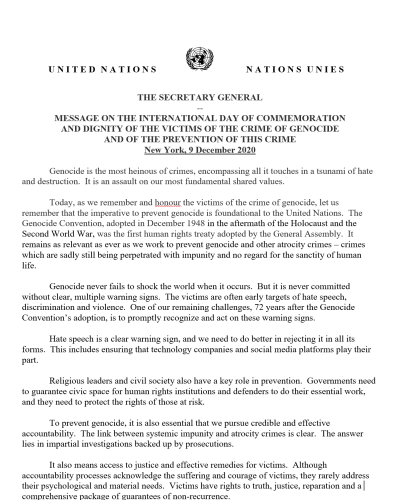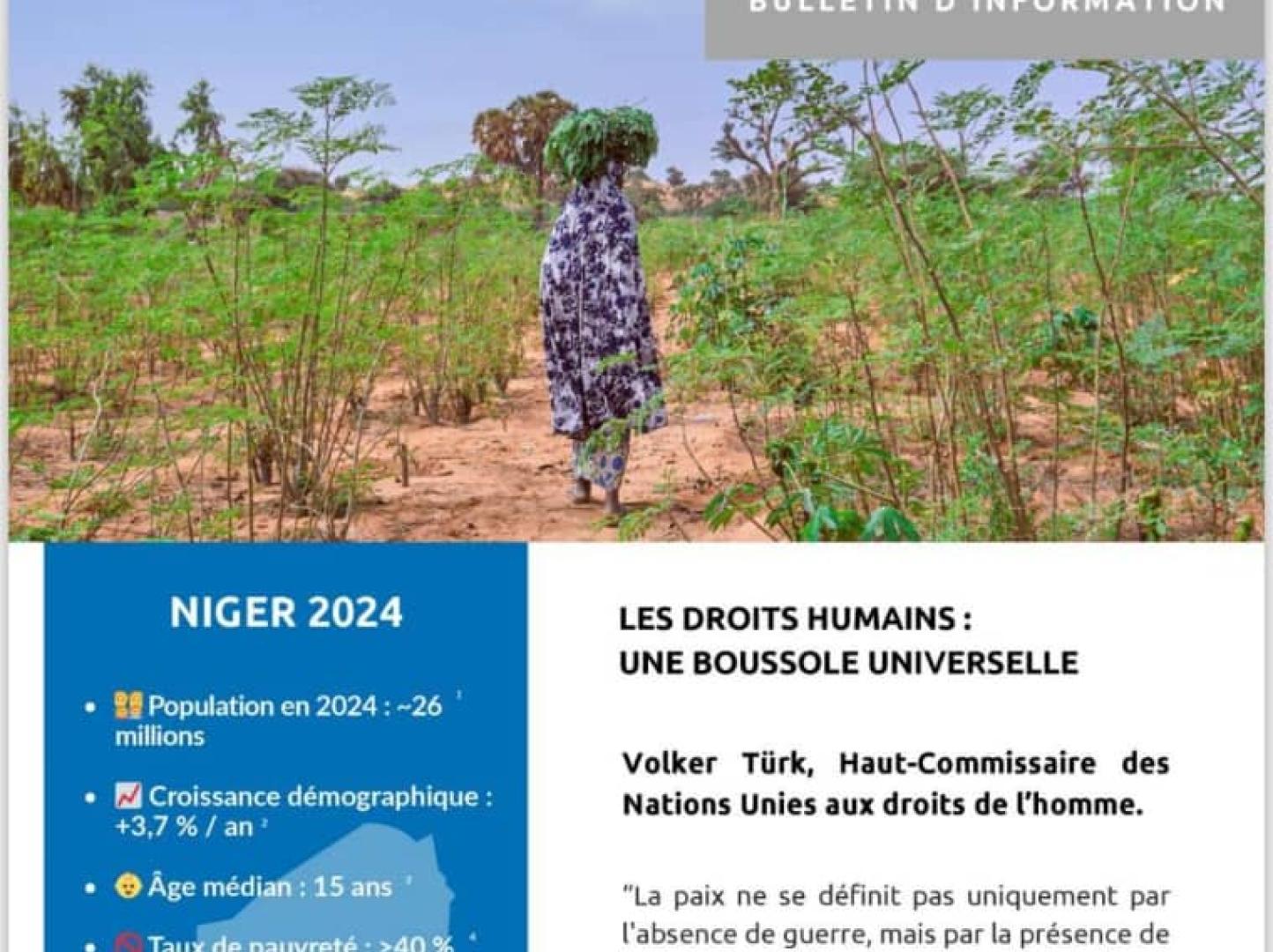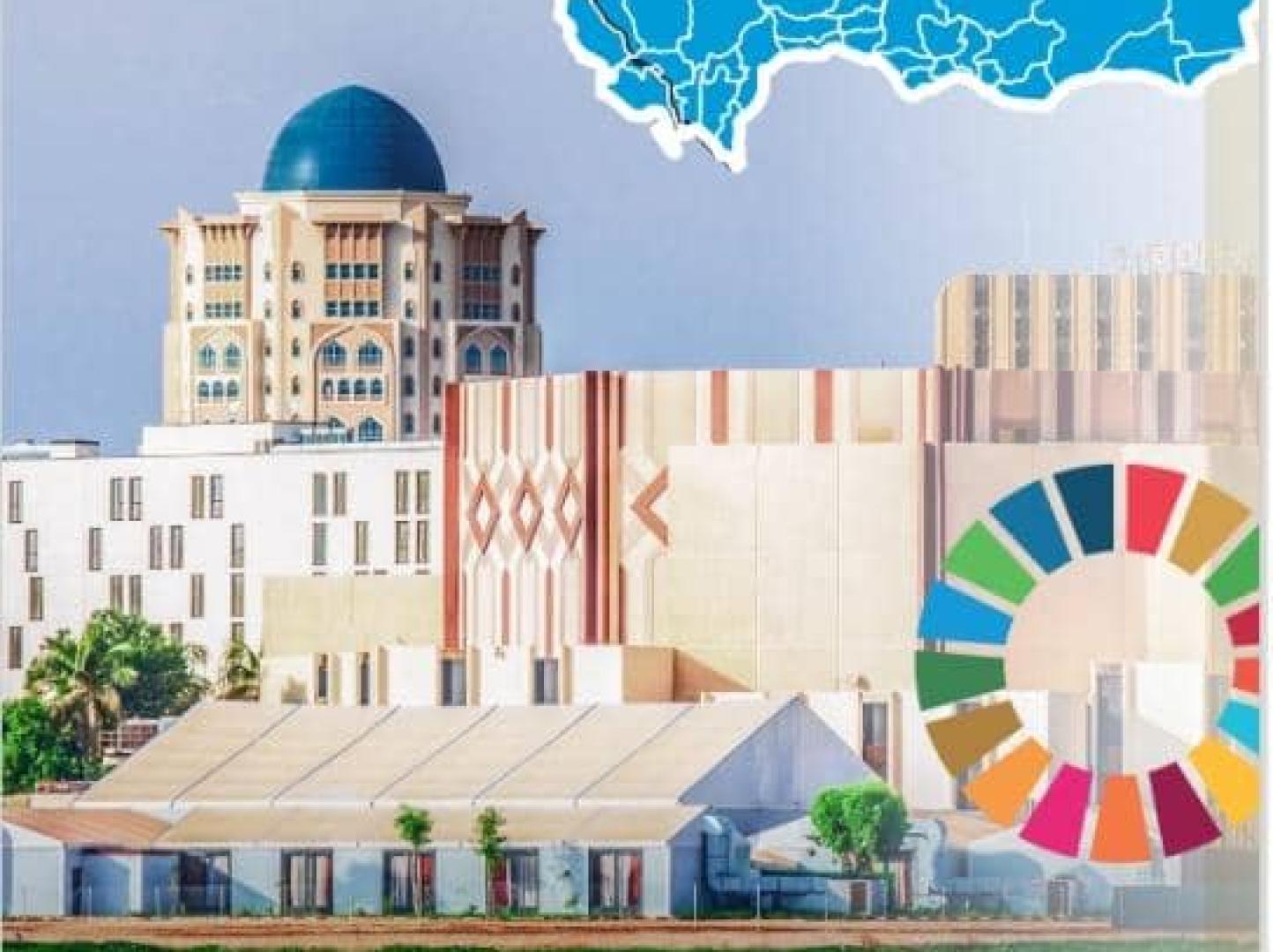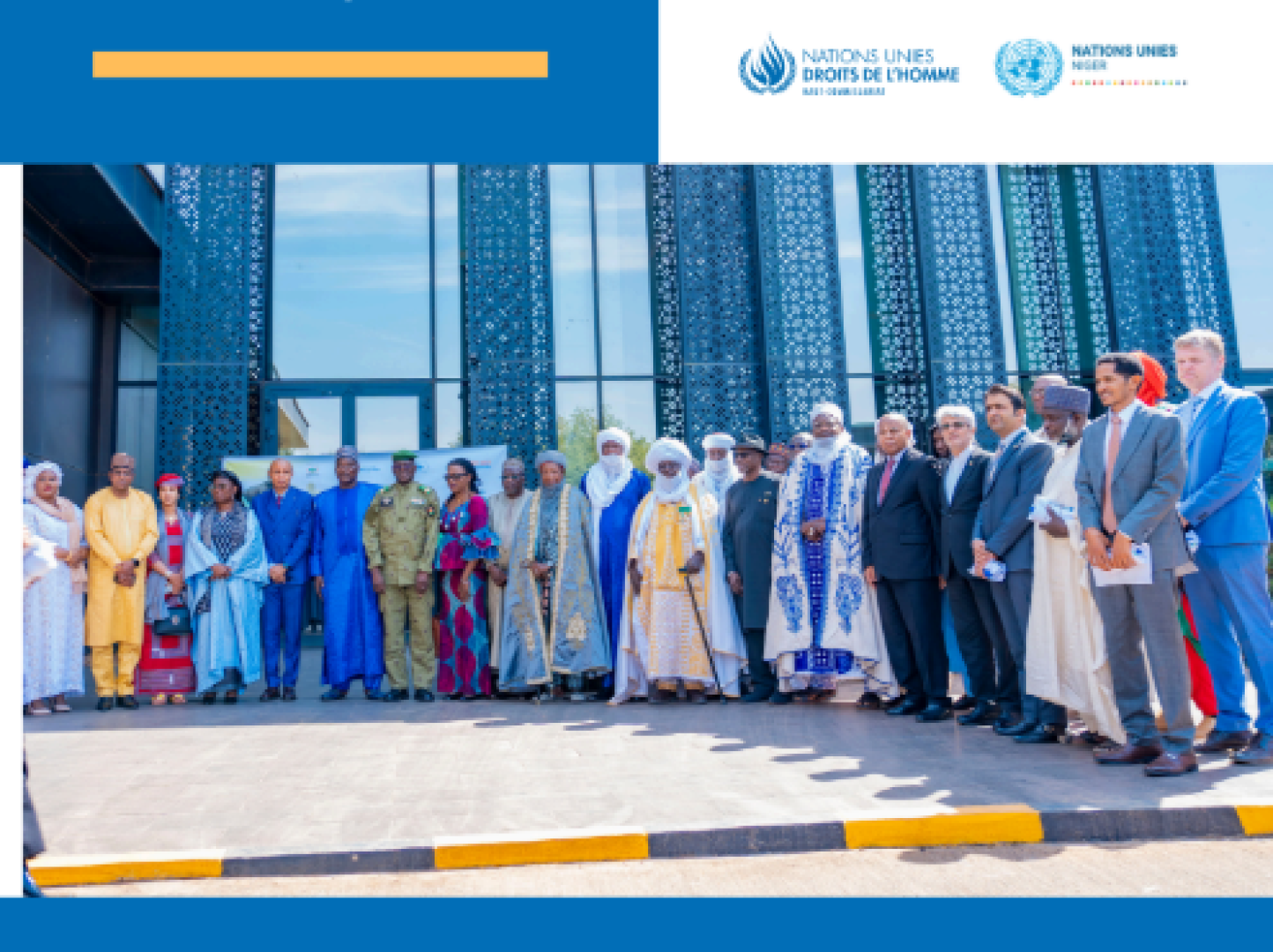MESSAGE ON THE INTERNATIONAL DAY OF COMMEMORATION AND DIGNITY OF THE VICTIMS OF THE CRIME OF GENOCIDE

AND DIGNITY OF THE VICTIMS OF THE CRIME OF GENOCIDE
AND OF THE PREVENTION OF THIS CRIME
New York, 9 December 2020
Genocide is the most heinous of crimes, encompassing all it touches in a tsunami of hate and destruction. It is an assault on our most fundamental shared values.
Today, as we remember and honour the victims of the crime of genocide, let us remember that the imperative to prevent genocide is foundational to the United Nations. The Genocide Convention, adopted in December 1948 in the aftermath of the Holocaust and the Second World War, was the first human rights treaty adopted by the General Assembly. It remains as relevant as ever as we work to prevent genocide and other atrocity crimes – crimes which are sadly still being perpetrated with impunity and no regard for the sanctity of human life.
Genocide never fails to shock the world when it occurs. But it is never committed without clear, multiple warning signs. The victims are often early targets of hate speech, discrimination and violence. One of our remaining challenges, 72 years after the Genocide Convention’s adoption, is to promptly recognize and act on these warning signs.
Hate speech is a clear warning sign, and we need to do better in rejecting it in all its forms. This includes ensuring that technology companies and social media platforms play their part.
Religious leaders and civil society also have a key role in prevention. Governments need to guarantee civic space for human rights institutions and defenders to do their essential work, and they need to protect the rights of those at risk.
To prevent genocide, it is also essential that we pursue credible and effective accountability. The link between systemic impunity and atrocity crimes is clear. The answer lies in impartial investigations backed up by prosecutions.
It also means access to justice and effective remedies for victims. Although accountability processes acknowledge the suffering and courage of victims, they rarely address their psychological and material needs. Victims have rights to truth, justice, reparation and a comprehensive package of guarantees of non-recurrence.
Ultimately, preventing genocide involves all of society. It is crucial that we all join hands to defend the principles of equality and human dignity and to repair the fissures and polarization that are so prevalent in our societies today.
On this international day to commemorate the victims of genocide and affirm their dignity, let us invest in prevention and commit to upholding the responsibilities established in the Genocide Convention.






